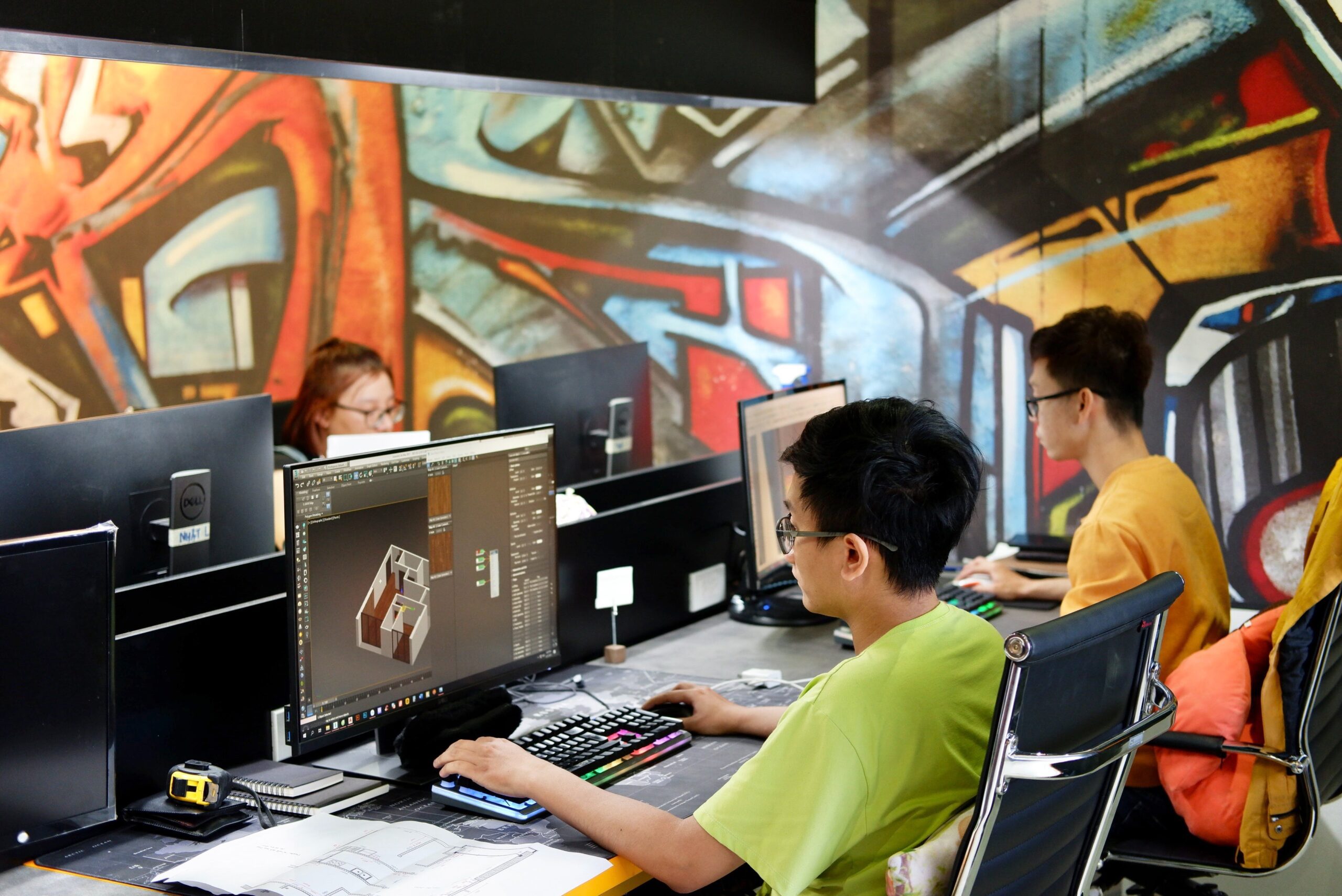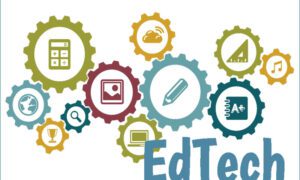What Are the Opportunities in EdTech?
From understanding gamification’s role in EdTech to customizing education with AI, seven industry leaders, including CEOs and Directors, share their insights on how EdTech can revolutionize learning. These thought leaders provide a diverse array of strategies to enhance educational experiences. Discover the seven key opportunities they believe will make education dramatically better.
- Understanding Gamification’s Role in EdTech
- Democratizing Education via EdTech
- Recognizing AR and VR’s Educational Impact
- Microlearning Enhances Knowledge Retention
- Connecting Cultures in Global Classrooms
- Personalizing Learning Paths in EdTech
- Customizing Education With AI
Understanding Gamification’s Role in EdTech
Gamification is a powerful tool because everyone loves games, and when education is turned into games, it becomes more engaging. Students learn more effectively from games because of their interactive nature.
However, the challenge lies in the game’s structure. While video games can be expensive to develop, game engines like Unreal and Unity have made the development process more affordable.
The question remains: who will create the game engine specifically for educational technology (EdTech) games? Once such a structure is in place, it can be populated with specific scenarios and gameplay elements relatively inexpensively by various publishers.
Dag Flachet, Co-Founder and Professor, Codific
Democratizing Education via EdTech
EdTech platforms can provide excellent online courses and teaching to students everywhere, as long as they have an internet connection. This means students in remote areas or underserved communities can now access top education that was previously out of reach. By making education accessible to all, educational technology has the power to increase fairness and close equity gaps.
Today’s technology platforms and software give educational establishments and teachers new ways to reach students in even the most isolated communities. Students no longer need to live near top schools or universities to benefit from excellent educators. As long as students have an internet-connected device, like a phone, tablet, or computer, the latest online learning platforms let them tap into engaging video lessons, interactive assignments, and one-on-one instruction from great teachers anywhere in the world.
This remote access to educational resources is especially meaningful for rural school districts, inner-city schools, reservation schools, and other under-funded institutions that can’t otherwise afford to staff advanced subjects. It allows their students to pursue subjects and projects that once seemed out of their reach.
EdTech breaks down geographic and economic barriers that once prevented underserved communities from accessing teachers. In making a first-class education available to all motivated students, innovations in software and remote learning systems are helping democratize education around the globe. Students can now cultivate their talents, follow their academic passions, and develop skills for college and career success—no matter where they live.
Ricci Masero, Marketing Manager, Intellek
Recognizing AR and VR’s Educational Impact
After AI, microlearning, and gamification in both learning and skills development endeavors, augmented reality (AR) and virtual reality (VR) technology should be considered in our approach to teaching.
As EdTech is based online, the opportunity to use AR and VR technology to facilitate learning is extremely useful—an opportunity that should not be missed. Not everyone absorbs information in the same traditional way, and this tech can aid those students; it is immersive and interactive, so it will be easier to process the information from these sessions due to using a lot of your senses.
It is about ensuring that the learner gets the education they need to succeed in life, and that is why EdTech is thriving—it is adaptable, it is ever-present, it is instant, and it is accessible. Adapting to the learner is the future of education, and this is one way that we can make this possible.
Ben Richardson, Director, Acuity Training
Microlearning Enhances Knowledge Retention
The major challenge for learners, which presents an opportunity to reshape education, is to gain more knowledge in less time. With shrinking attention spans and the need to gain up-to-date knowledge quickly, microlearning has become increasingly important.
This method leverages the “forgetting curve” by providing small, manageable pieces of content that can be quickly learned and repeated, aiding the transfer of information from short-term to long-term memory.
By breaking down information into digestible chunks, microlearning reduces cognitive load, enhances knowledge retention, and enables learners to process new information more rapidly, boosting overall engagement.
Microlearning’s shorter production cycles ensure that learners have access to the most current information that aligns with their educational needs. It also allows for rapid adaptation of content to offer the best format for each student’s learning style.
Anton Pavlovsky, CEO and Founder, Headway
Global Classrooms Connect Cultures
As an EdTech leader and CEO of a firm teaching Japanese, I believe one game-changing opportunity for EdTech is connecting cultures.
Imagine leveraging technology to create virtual classrooms that connect students from different parts of the world, providing a platform for cultural exchange and collaborative learning.
Not only does this introduce a global perspective into education, but it also fosters empathy and cross-cultural understanding among our future leaders.
Nooran Zafarmand, Co-Founder and CEO, Japamana
Personalizing Learning Paths in EdTech
One significant opportunity for EdTech to revolutionize education is personalized learning. We’ve seen firsthand at Guru99 how tailoring educational content to individual needs can make a profound impact.
By leveraging data analytics and AI, EdTech platforms can assess a student’s strengths, weaknesses, and learning preferences. With this information, we can provide customized learning paths, adaptive exercises, and real-time feedback, ensuring students receive precisely what they need to excel.
Personalized learning not only enhances student engagement but also helps educators track progress and adjust their teaching strategies accordingly. It’s a game-changer in making education more effective and enjoyable.
Krishna Rungta, Founder and CEO, guru99
Customizing Education With AI
In my perspective, the most promising prospect lies in utilizing technology to individualize education. Using AI and machine learning, we can customize learning experiences to cater to the specific requirements of individuals, enhancing the accessibility and efficacy of education for all.
We aim to enhance the learning experience by incorporating gamification and social learning. This strategy enhances the ability to remember information and adds an element of enjoyment to the learning process.
I am dedicated to collaborating directly with educators, comprehending their requirements to incorporate our solutions into classrooms effortlessly. Crucially, we create sustainable business structures to guarantee that our solutions are available to everyone.
I am committed to providing tangible evidence of our technology’s effectiveness by showcasing quantifiable learning outcomes. Alter Learning focuses on revolutionizing education by incorporating cutting-edge technology to create a more inclusive, engaging, and successful learning experience for all students.
Aldi Agaj, CEO, Alter Learning
Related Questions:



































